SUMMARY
This is AI generated summarization, which may have errors. For context, always refer to the full article.
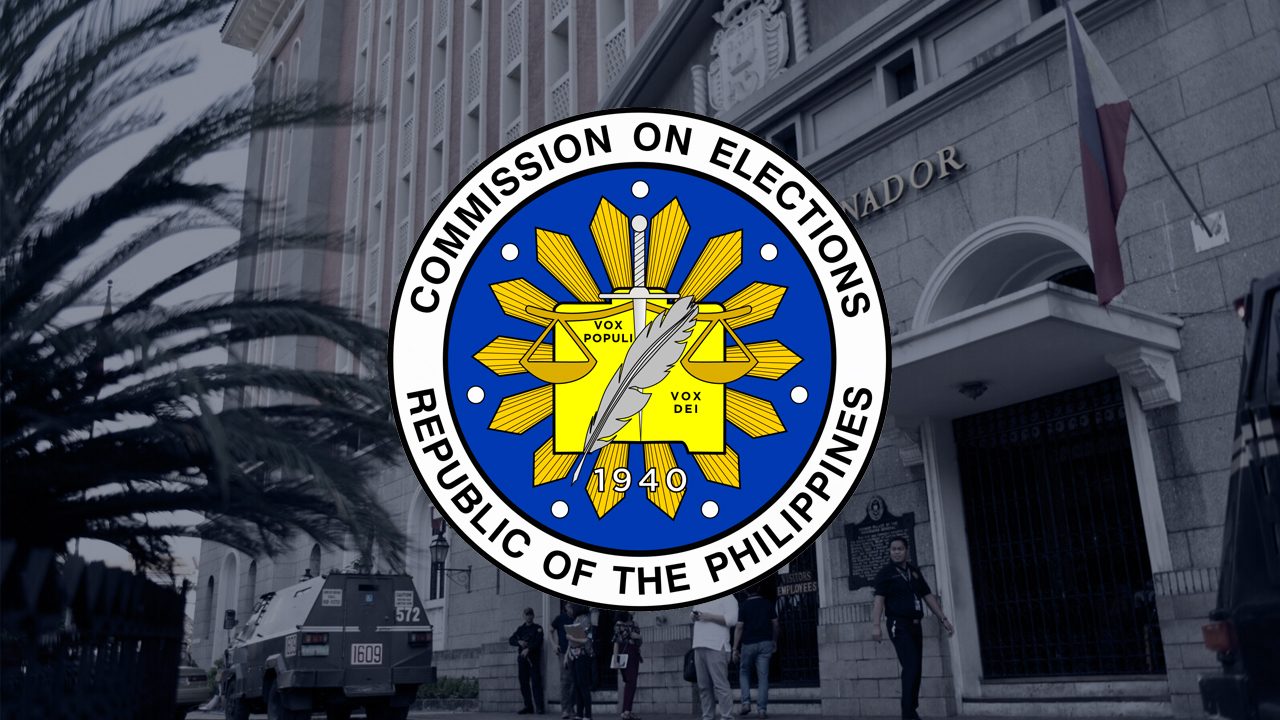
MANILA, Philippines – Filipinos abroad who won’t be able to vote in their designated post or consular office when overseas absentee voting begins on April 10 will still have a chance to cast their ballots.
The poll body announced on Wednesday, April 6, that it has passed a resolution formalizing the “vote anywhere” scheme for overseas Filipinos.
“If you are a registered overseas voter in Singapore, but on election period, you happen to be in another post, for example, you are in Hong Kong, all you have to do is to file a manifest intent to vote in that post even if you are not registered in Hong Kong, as long as you are a registered overseas voter,” Comelec Commissioner Marlon Casquejo said in a press briefing.
Casquejo noted that the adjustment is an attempt to raise voter turnout in the polls, where 1.69 million overseas Filipinos are eligible to cast their ballots.

There are two modes of voting for overseas Filipinos – one, they appear in person; two, they vote via mail. Out of the 92 posts or consular offices worldwide, 24 will fully employ the personal voting mode, 52 will use a postal voting method, and the rest will mix both schemes.
The Comelec held a press briefing a day after overseas Filipino community leaders sounded the alarm over the alleged unpreparedness of some Philippine embassies and consulates ahead of the start of the month-long polls.
Among their concerns were the lack of outreach from Philippine posts to inform them about election processes, inaccessibility of voting areas, and delayed mailing of postal ballots.
To address fears of voter disenfranchisement, the Comelec said some posts have “field voting” initiatives planned.
“In Dubai, [posts] will go to a certain area, and they will allow voters to go to that area. The posts will announce what area it would be and what day they would come,” Casquejo said.
Dubai uses a personal-only voting scheme, and Casquejo acknowledged that some areas there are hours of travel away from the embassy.
Reacting to concerns that ballots have yet to be mailed in areas that will use the postal voting method, Casquejo said ballots might not have reached some Filipinos because of incorrect mailing addresses.
“Maybe an overseas voter thought of changing addresses even in the same country. They have to inform the embassy because otherwise, the ballot [mailed to them] will be returned. That’s the issue why posts have many ‘return to sender’ cases,” Casquejo explained.
The 2022 elections, a vote that will determine President Rodrigo Duterte’s successor, is scheduled on May 9, but overseas Filipinos traditionally begin voting around a month ahead.
The challenge for the Comelec is to increase overseas voter turnout, as past five elections showed not even half of registered voters cast their ballots.
– Rappler.com
Add a comment
How does this make you feel?
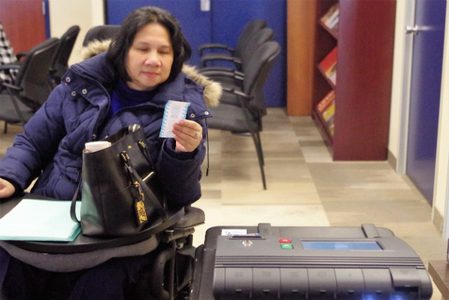





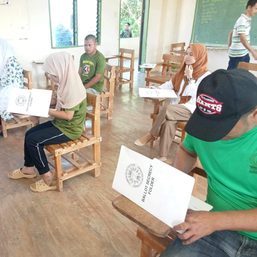

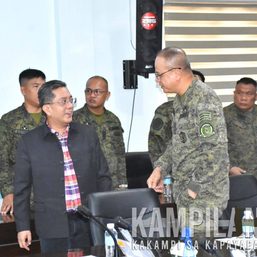
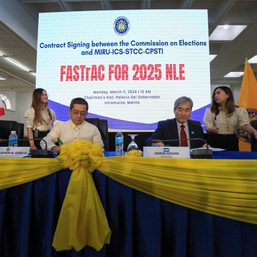

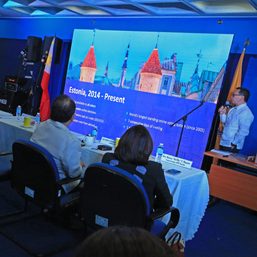
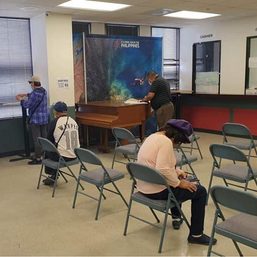
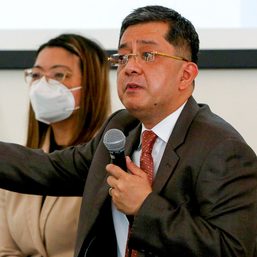
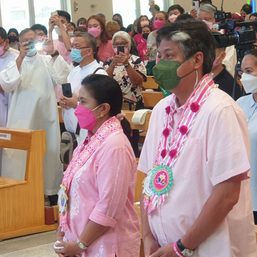
There are no comments yet. Add your comment to start the conversation.